An insatiable hankering for a return to the era when Britain was the world’s financial powerhouse continues to blindside politicians, writes Jim Hunter.
A Conservative leader declares, on taking office as prime minister, that his troubled country’s most “crying need” is to have “tranquility and stability”. These he pledges to deliver.
This, however, won’t be easy. So acute are the economic difficulties confronting the UK, the same Tory leader concedes, that “emergency measures” will be required if people are to get through what’s clearly going to be a challenging winter.
But, there are limits to state power, the new PM warns. His promised emergency measures can’t be kept in place indefinitely. There will be no “real recovery” without “the revival of trade and industry”.
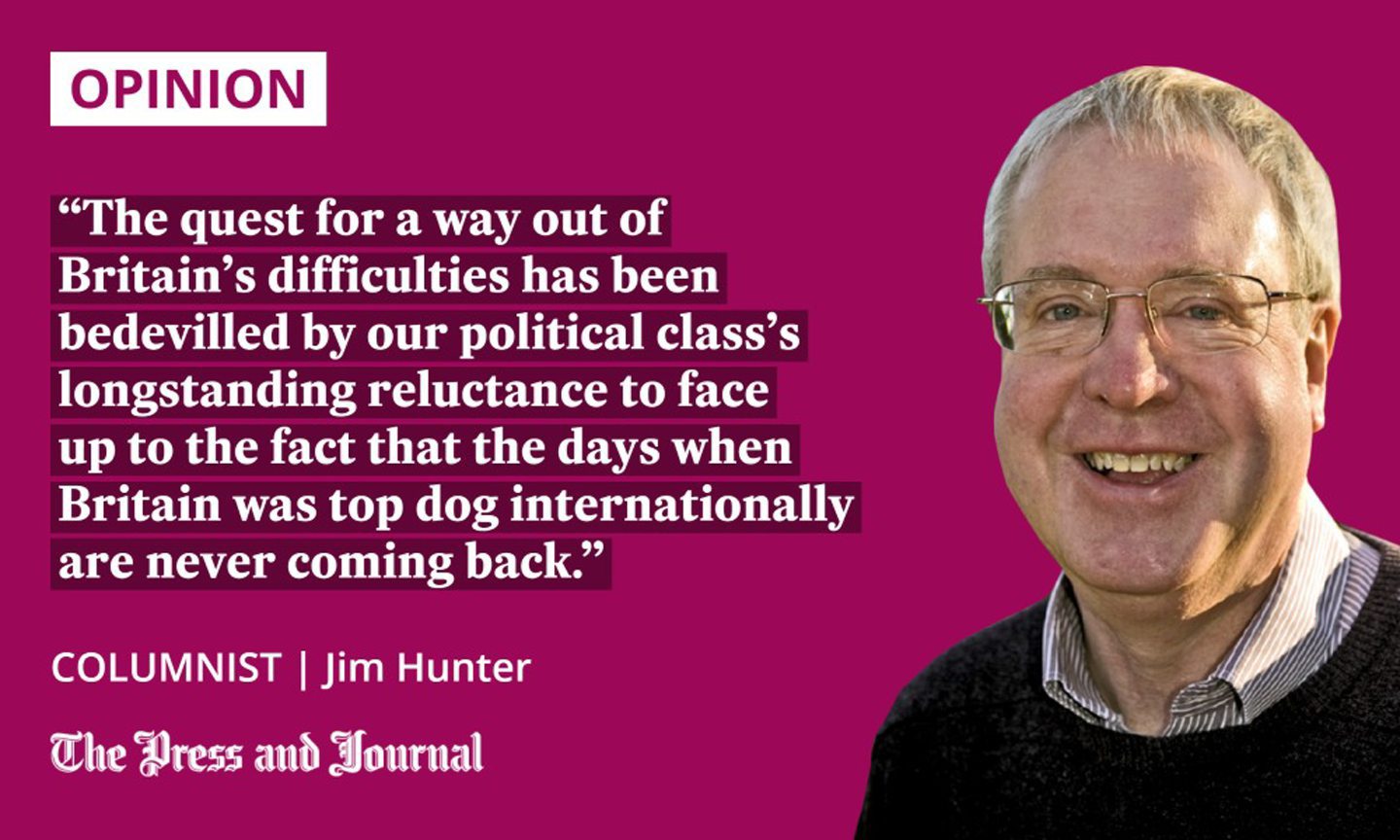
That will require a drastic trimming of exchequer outlays. “The first essential,” the PM declares, “is to reduce expenditure to the lowest attainable level.” Spending cuts, it’s clear, are going to be high on his agenda.
Rishi Sunak this month? No, Andrew Bonar Law, exactly 100 years ago, in November 1922. And, if what Bonar Law had to say in the course of that month’s general election campaign is strikingly similar to what we’ve heard of late from Mr Sunak, then that’s because the underlying causes of our endlessly recurring economic crises go back a long, long way.
Britain has not been top dog for a long time
Time was when Britain, as the world’s first industrial nation and the possessor of a huge overseas empire, was easily the most powerful country – economically and financially – on earth.
That status had begun to be eroded by the 19th Century’s close. It was eroded further by the First World War. The UK, to be sure, was one of the war’s victors. But military success had come at huge economic, as well as human, cost. Hence, the problems confronting Andrew Bonar Law.
Nov. 15, 1922: The Conservatives under PM Andrew Bonar Law win by a landslide in Britain’s election, with over twice as many Parliament seats as the next largest party. The Labor Party becomes the chief opposition as former PM David Lloyd George’s Liberals finish third. 1/6 pic.twitter.com/p1smQHFd4V
— Jon Blackwell (This Day in 1922) (@100YearsAgoNews) November 15, 2022
There was no easy solution to these problems. But, whether in the 1920s or more recently, the quest for a way out of Britain’s difficulties has been bedevilled by our political class’s longstanding reluctance to face up to, and openly acknowledge, the fact that the days when Britain was top dog internationally are never coming back.
A classic instance of this reluctance is provided by the actions of Winston Churchill when serving as chancellor of the Exchequer in one of the several Tory governments to hold office in the period between the two world wars.
Chasing the gold standard
For decades prior to Britain’s declaration of war on Germany in 1914, the value of the world’s leading currencies – sterling then pre-eminent among them – was determined by what was called the gold standard.
This may be ancient history. But it’s a history that’s been repeated, with equally adverse outcomes, in our own time
This meant that each pound, each franc, each dollar could be exchanged for a stipulated quantity of gold. That, in turn, resulted in fixed exchange rates – the US-UK exchange rate, for instance, being $4.86 to the pound.
Wartime pressures had led to Britain’s abandonment of the gold standard. But Churchill, in 1925, took the fateful decision to return to it – and at the pre-war dollar to pound exchange rate of $4.86.
This owed less to the needs of the 1925 economy than it did to a hankering for a return to the era when Britain was the world’s financial powerhouse. What followed was no re-run of the country’s glory days, but soaring unemployment and wage cuts, resulting from the inability of already faltering industries to export goods at an exchange rate set so high as to make these goods hopelessly uncompetitive.
This may be ancient history. But it’s a history that’s been repeated, with equally adverse outcomes, in our own time.
We don’t need to be a ‘superpower’
Back in 1925, Britain’s economy and the country’s living standards were reckoned to be of less account than a doomed quest for vanished glories in the shape of the pre-1914 gold standard.
Today’s equivalent policy disaster is Brexit. Central to the campaign for Britain to pull out of the European Union was the notion that, freed from the supposed constraints imposed by EU membership, a liberated UK would at once be set firmly on the road to renewed greatness. We’d be Global Britain once again.
But, just as with our 1925 return to the gold standard, the actuality of Brexit has been the reverse of what was promised. Having excluded ourselves from the world’s largest free trade area, and having failed to secure much in the way of alternative opportunities, our economy has shrunk relative to that of similar nations. We battle now to keep each pound worth not the $4.86 of 1925, but just a single dollar and some cents.
Has the obvious lesson been learned? Probably not.
Recently, both Rishi Sunak and Labour opposition leader Keir Starmer have promised to make Britain a green energy “superpower”. Why that word?
Could we not at last accept that today’s UK is a modestly-sized, modestly-influential country that might do better if its politicians gave up on their perennial addiction to “world-beating”, “world-leading” objectives they invariably fail to attain?
Jim Hunter is a historian, award-winning author and Emeritus Professor of History at the University of the Highlands and Islands
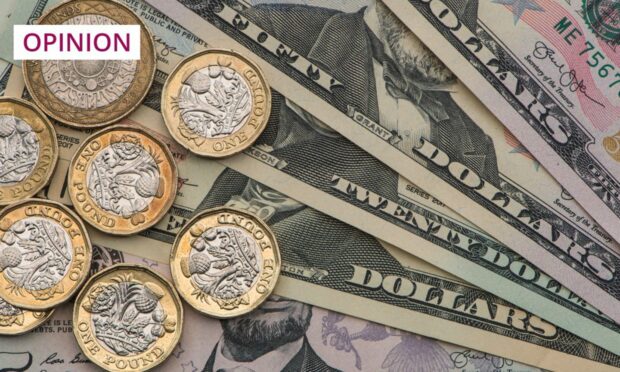
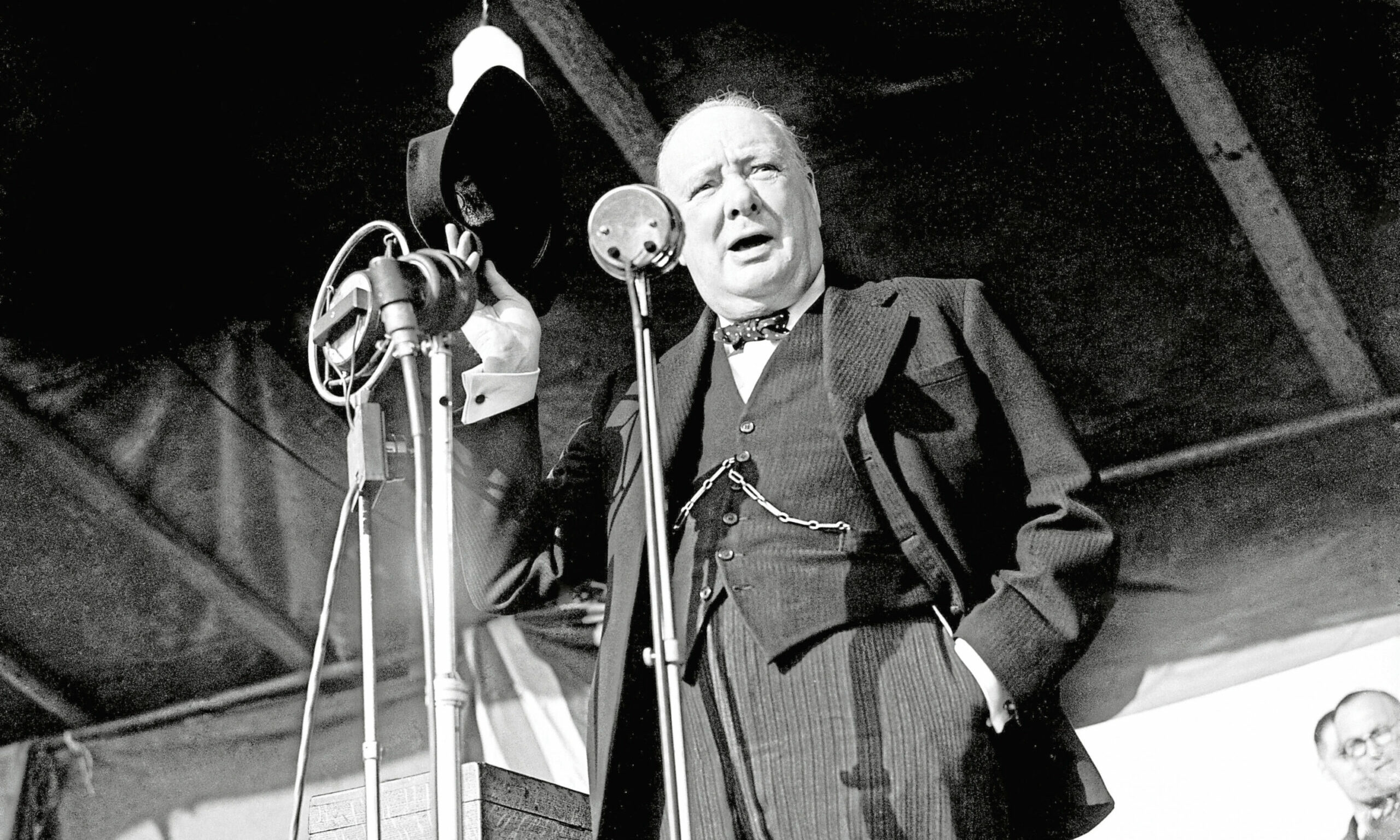
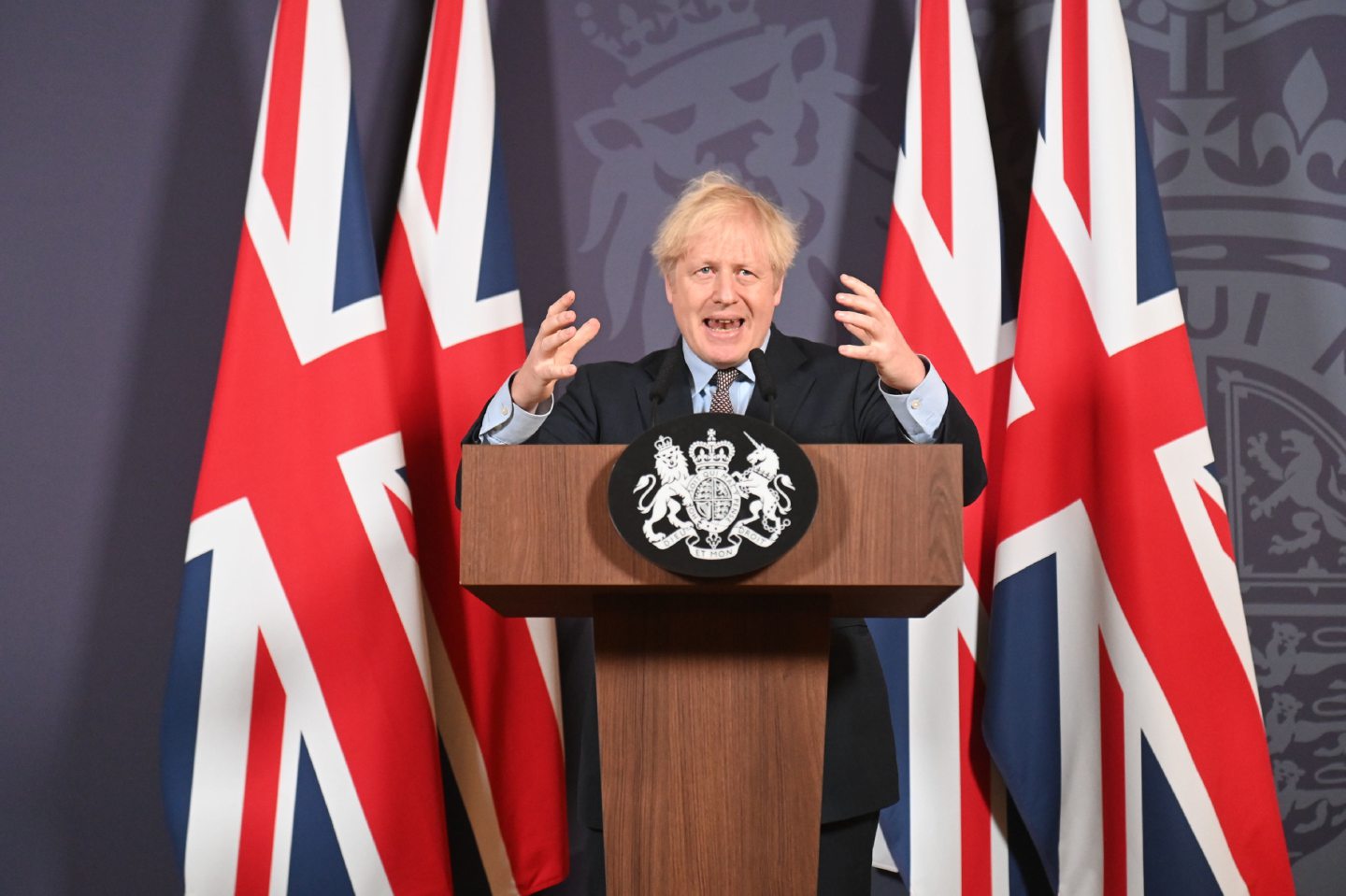
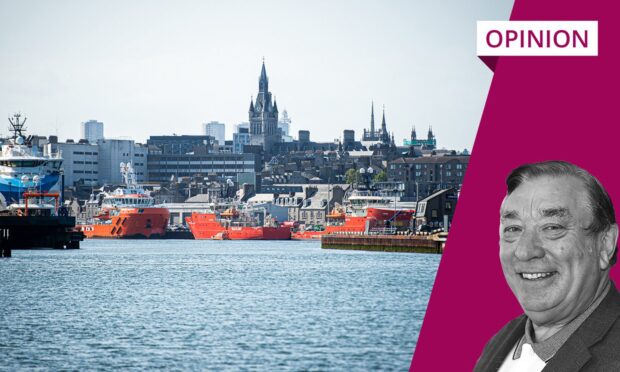
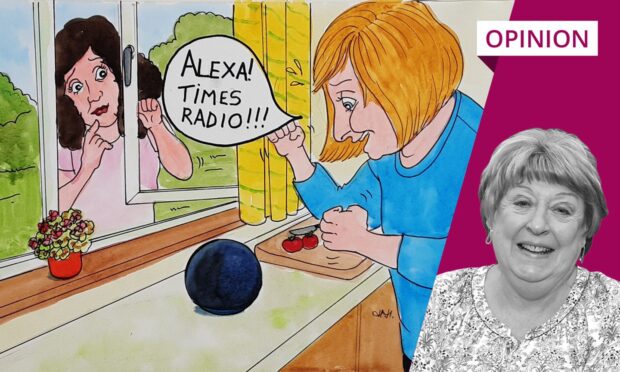
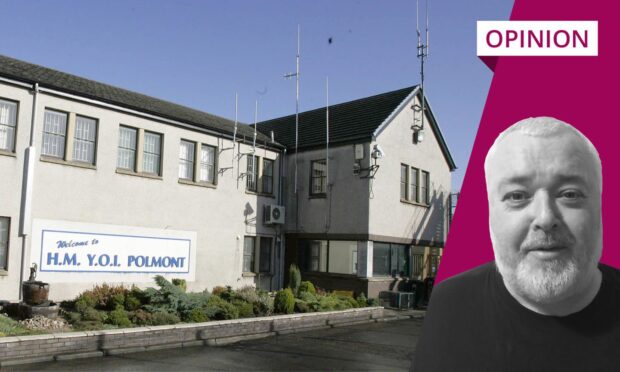
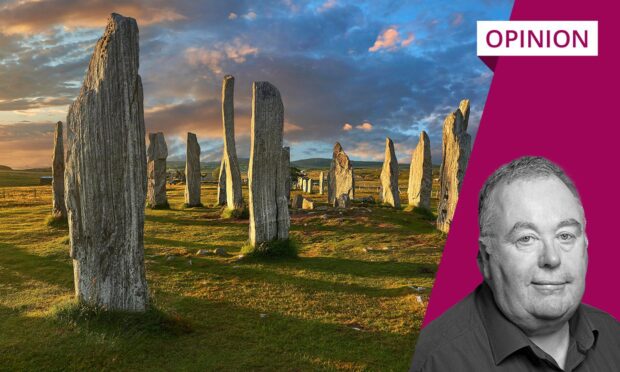
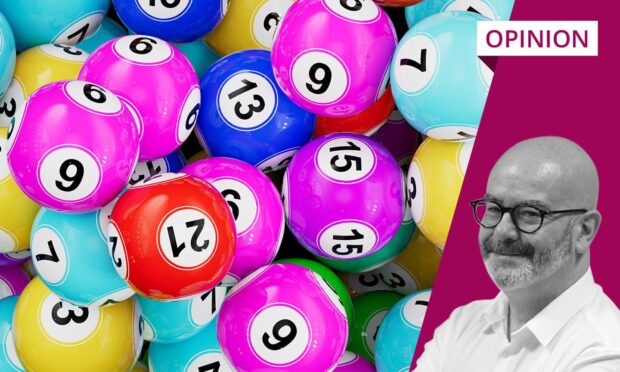
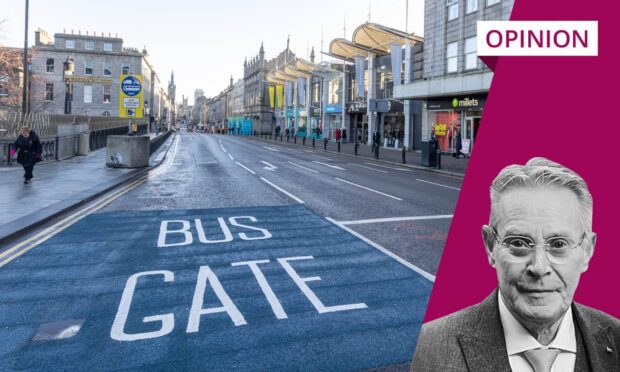

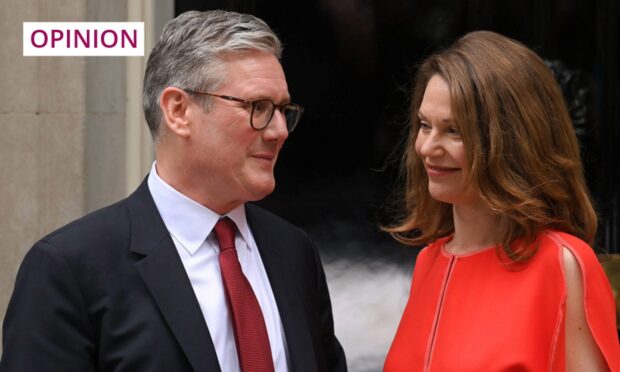


Conversation